- 35 Posts
- 10 Comments

 1·2 days ago
1·2 days agoHow Russia prepares children in occupied Ukraine to fight against their own country
Russia is using a militaristic youth organization, Yunarmia, to foster the loyalty of teenagers in occupied parts of Ukraine and prepare them to fight in Moscow’s war against their native country […]
Russia opened the first Yunarmia branch in the occupied territories of Ukraine in Crimea months after the organisation’s official formation. By September 2016, Yunarmia had spread across the Black Sea peninsula, according to Oleh Okhredko, an analyst at the Almenda Center Of Civic Education, a Ukrainian group whose activities include documenting violations of the rights of children in wartime […]
In 2014, Russia occupied Crimea and fomented war in the Donetsk and Luhansk regions in eastern Ukraine – the Donbas […]
Yunarmia “was created with the specific idea of the militarised reeducation of not only Russian [children] but also Ukrainian children from the occupied territories,” said Kateryna Rashevska, a lawyer at the Regional Center for Human Rights, which was forced to move from Crimea to Kyiv after the Russian occupation.
By January 2022, a month before Russia’s full-scale invasion of Ukraine, Yunarmia had 29,000 members in Crimea alone, according to the Russian Defence Ministry […]

 10·6 days ago
10·6 days agoAmazon is donating $1 million to Trump’s inauguration
Bezos and the company decided on the contribution earlier this week, and communicated it to Trump’s team, according to some of the people. “Bezos is donating through Amazon,” according to a person close to Bezos. Amazon also will stream the inauguration through its Prime Video business, a separate, in-kind donation valued at $1 million, another of the people said.
Seems to be sort of a flat rate.

 2·9 days ago
2·9 days agoYeah, or the West would have reacted accordingly already in 2014.

 4·11 days ago
4·11 days agoAs an addition to the article: Douyin, the Chinese version of the Western TikTok, might work in a different way. As a study regarding visual propaganda of Douyin accounts of Chinese central and local news agencies on China’s Douyin found in May 2024:
The results [of the research] delineate a divergence in focus between central and local news agencies: while the former prioritizes content related to the military, police, and firefighting, the latter emphasizes “livelihood warmth” topics. Central agencies predominantly feature soldiers, police officers, and firefighters, whereas local agencies portray individuals devoid of explicit political affiliations alongside other influencers. Emotional scrutiny unveils a contrast in strategies, with central agencies predominantly evoking emotions such as anger, disgust, fear, and intolerance, while local agencies employ anticipation, acceptance, and respect. This investigation underscores the profound influence of political authority within China’s propaganda framework, shaping both the substance and emotional resonance of political short videos within a hierarchical paradigm […]
Owing to their distinct positions within the hierarchical framework and their varying areas of jurisdiction, local government media at each level exhibit more pronounced hierarchical disparities in their propaganda compared to the central government. In general, the closer the themes and visual characteristics are to “Military, the police, and firefighting”, the less distinguishable they are from central media. Conversely, the more they focus on “People’s livelihood and warmth”, the more likely local governments are to adopt innovative promotional strategies concerning “points” while emphasizing regional characteristics. Although the local news agencies more actively produced content on Douyin than did the central news agencies, the central news agencies received more attention from the public.

 4·11 days ago
4·11 days agoThat’s fair, it doesn’t make China’s behavior better in any way, though.

 3·13 days ago
3·13 days agoYes, I know of the OMEMO issues. Most users would probably find that too difficult (although it isn’t imo). It’s very hard to convince people of more secure, non-mainstream tools, unfortunately.

 2·13 days ago
2·13 days agoXMPP maybe?
I also tink SimpleX Chat is a good alternative.
I wouldn’t recommend Signal (only the client is open source, the server is from Amazon, and you have to provide your phone number).

 4·14 days ago
4·14 days agoThe European Commission has issued a “retention order” to TikTok under its DSA, ordering the platform to freeze and preserve data related to actual or foreseeable systemic risks its service could pose on electoral processes and civic discourse in the EU “in the context of the ongoing Romanian elections”.
Commission, online platforms and civil society increase monitoring during Romanian elections
TikTok must preserve internal documents and information regarding the design and functioning of its recommender systems, as well as the way it addresses the risk of intentional manipulation through coordinated inauthentic use of the service. The Commission is ordering preservation of documents and information regarding any systematic infringement of TikTok’s terms of service prohibiting the use of monetisation features for the promotion of political content on the service. The retention order concerns national elections in the European Union between 24 November 2024 until 31 March 2025.

 27·14 days ago
27·14 days agoYes, I would also have a nitpick for the authorities (and journalists who report on the issue) in that China didn’t hack the providers, it hacked the U.S. Wiretap system. This is an important detail. There is no such thing as a ‘backdoor only for the good guys’.
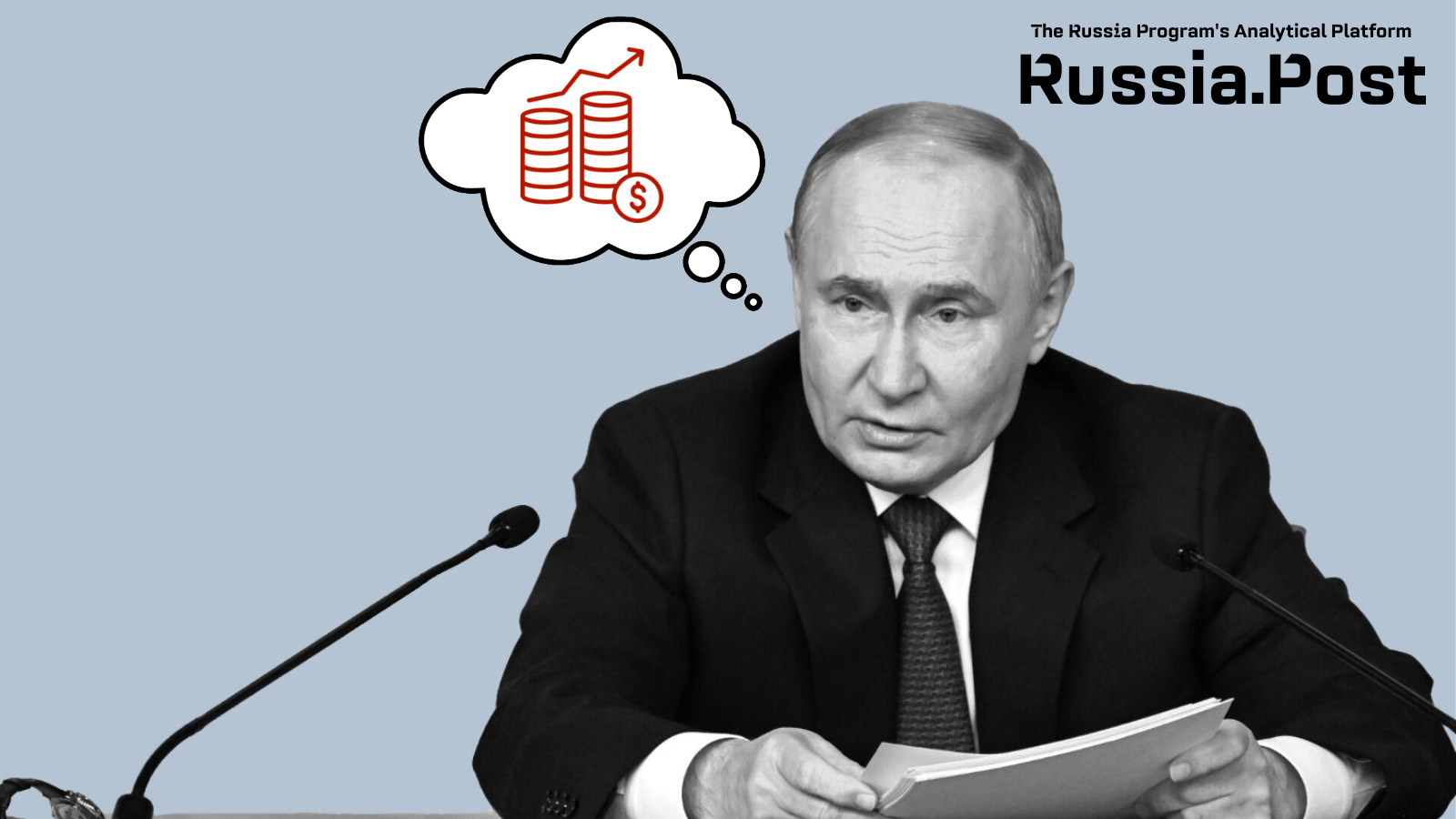


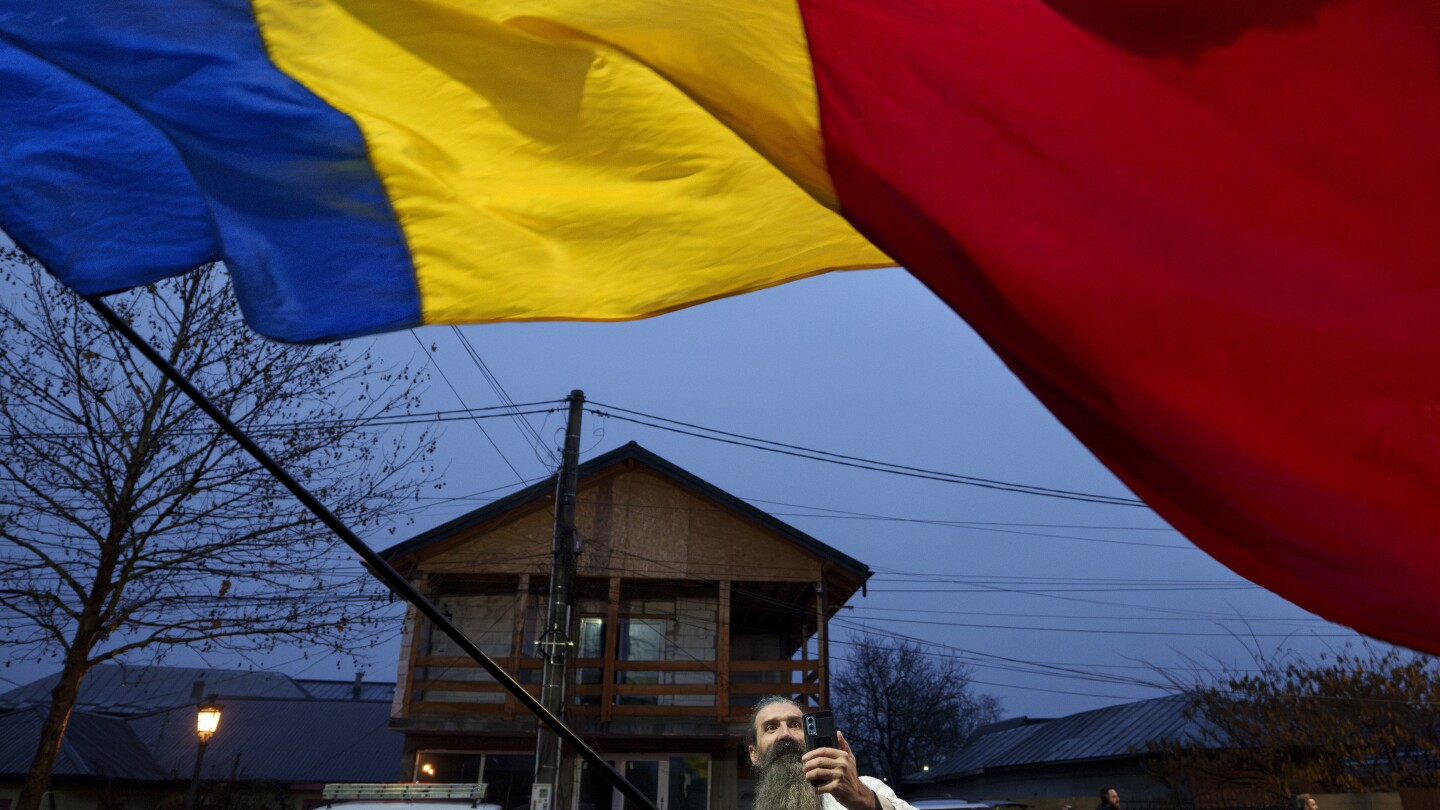

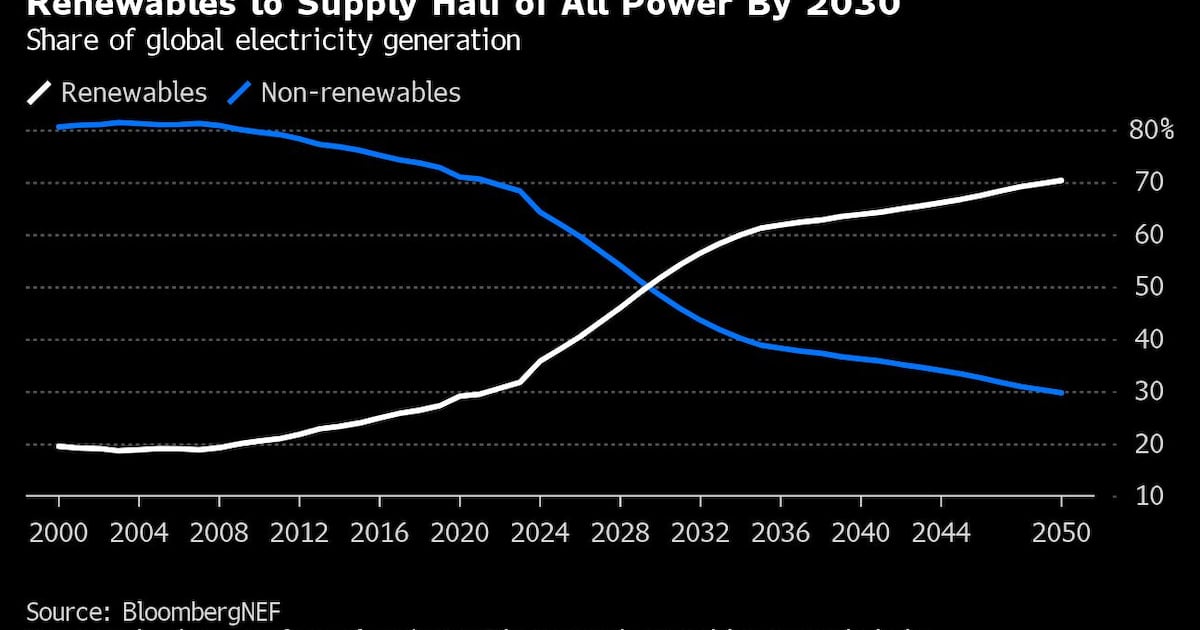
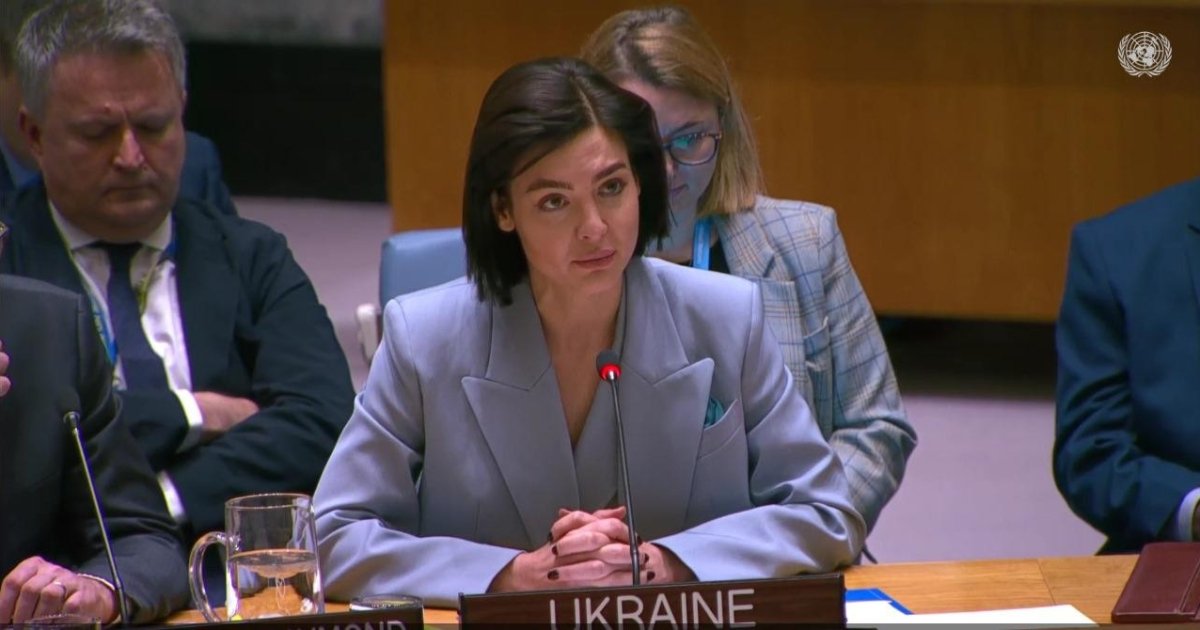

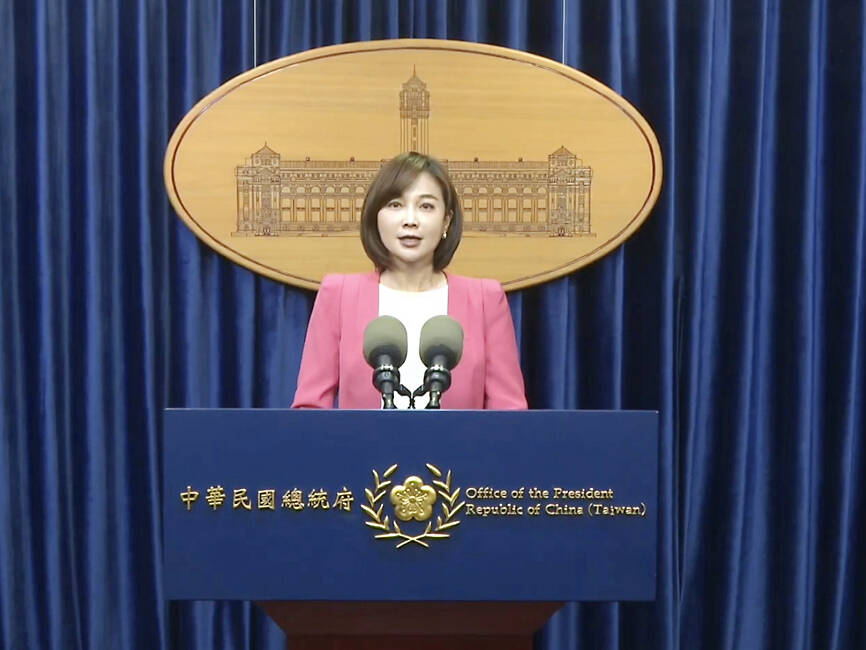
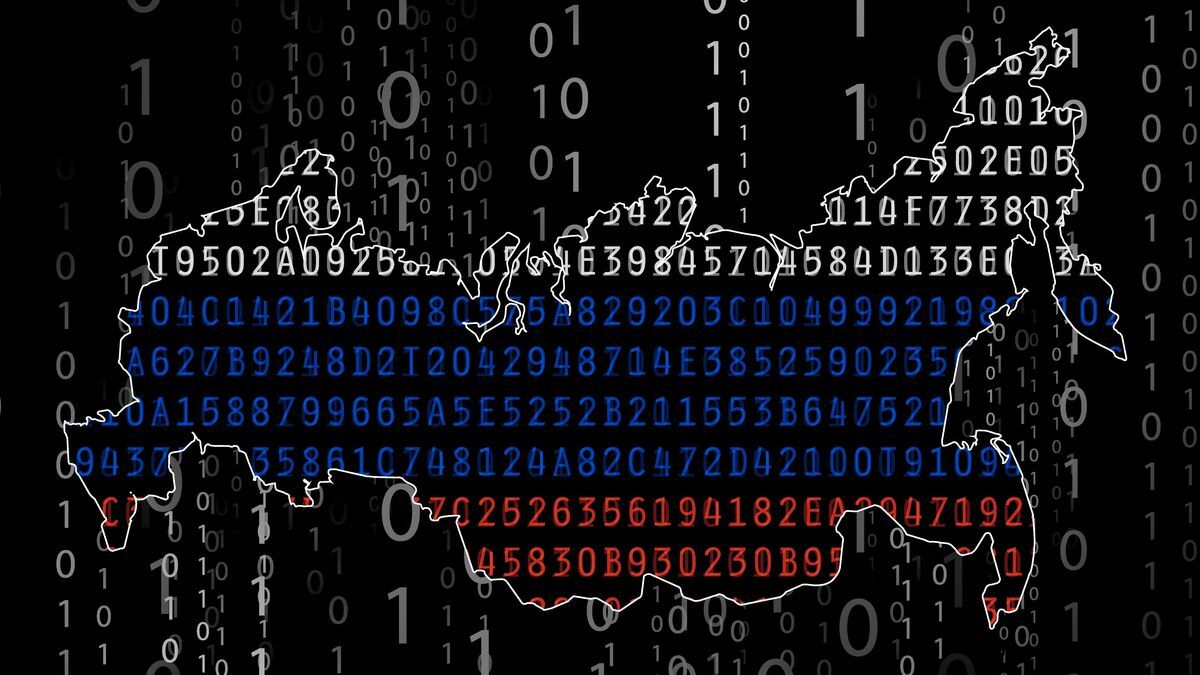
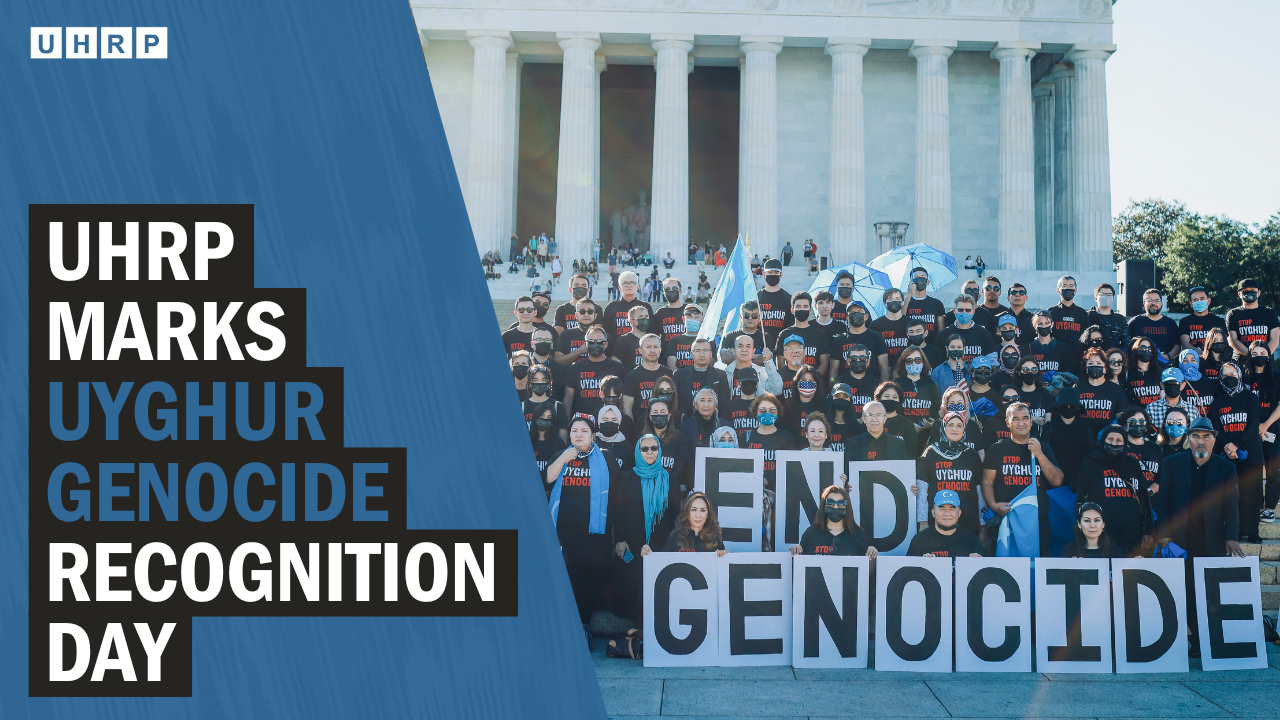
The Russian economy is going to face a very bad long-term future, even if the war ended today and all sanctions were lifted.